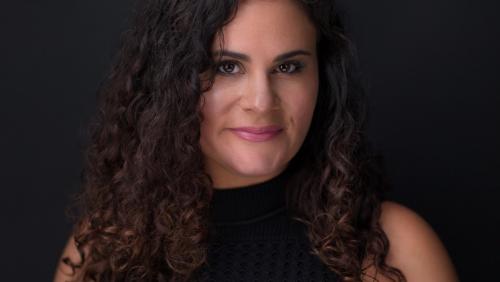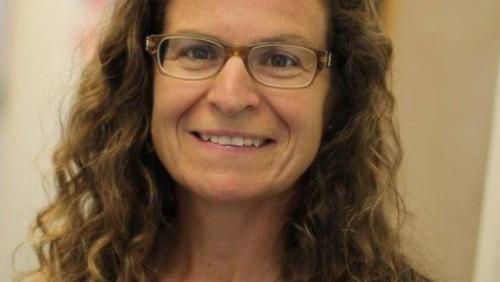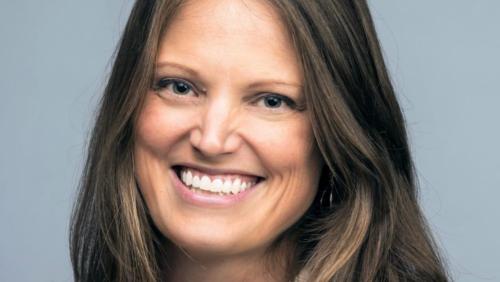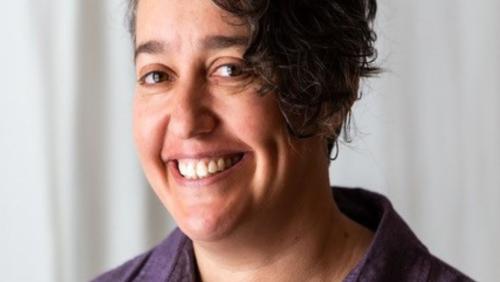Stephanie D. Block, Ph.D.
UMass Lowell
Associate Professor in Applied Developmental Psychology at the College of Fine Arts, Humanities and Social Sciences
UMass Lowell Associate Professor Stephanie Block’s research examines child maltreatment and encompasses her training in developmental and applied science and public health.
Dr. Block’s work focuses on children in the legal system, the effect of trauma on children’s well-being and memory of emotional events, and the prevention of child maltreatment. Her recent work was funded by the National Institute of Justice and examined prosecutorial decisions in cases of child sexual abuse. Her firm belief is that scientific research should influence the law and public policy to bring about optimal societal change.
She has taught at UMass Lowell since Fall 2011, contributing to Psychology’s undergraduate and graduate courses, the Honors College, and serving as the faculty adviser to the NAVIGATORS club— a student club she co-founded in 2011 to help students who need additional support to “navigate” college.
Dr. Block is an American Psychological Association (APA) fellow, President of APA’s Division 37, the Society for Child and Family Policy and Practice, former President of Division 37’s Section on Child Maltreatment, and an editorial board member of the journal Child Maltreatment. She also serves on the board of directors for the Massachusetts Children’s Alliance and has trained judges, social workers, and other professionals on topics related to child welfare.




